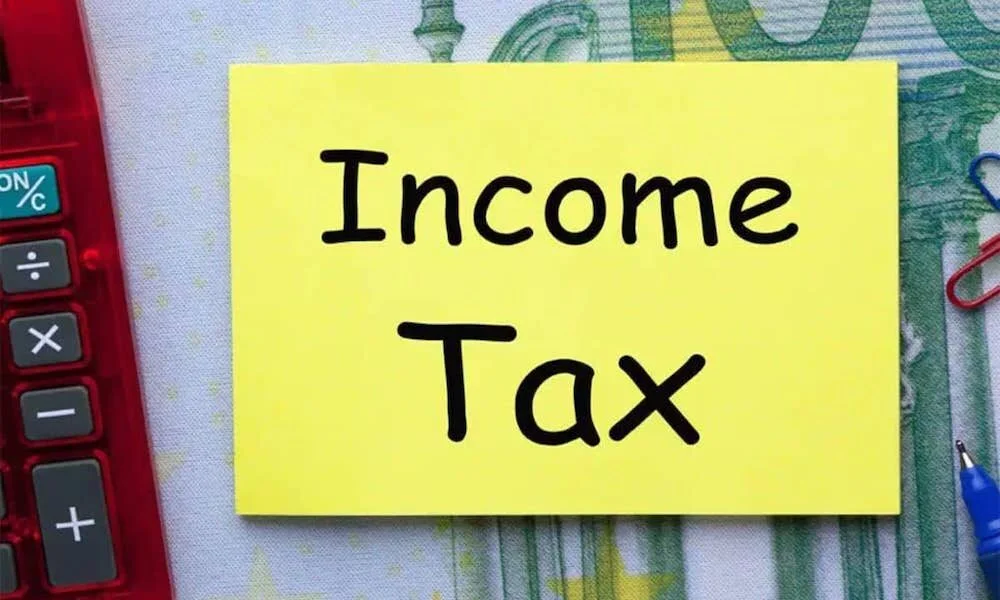The two primary ways to lower your tax liability are through tax credits and deductions. However, what differentiates the two, and how can you determine if you are eligible? A CPA in White Plains, NY, can explain the differences between a tax credit and a tax deduction, as well as the requirements and limitations for each, and whether one is better for your particular tax situation.

How are tax deductions different from tax credits?
Your taxable income is decreased directly by tax deductions, which further reduces your tax bill. You can deduct specific amounts from your gross income, which reduces your taxable income. These are known as deductions. Tax deductions generally have a value that depends on your tax bracket; the more significant your tax rate, the larger the tax deduction.
However, tax credits immediately lower your tax accountability, dollar for dollar. This means that regardless of your tax bracket, if you qualify for a tax credit of, say, $2,000, your tax payment will be lowered by the same amount. Since tax credits instantly lessen your tax payment, they are often worth more than tax deductions.
How can you determine if you are eligible for a tax credit or deduction?
Understanding the specific rules set out by the IRS is needed to figure out if you qualify for a tax deduction or credit. Keep in mind that these requirements might differ based on your specific situation. For that reason, it is recommended that you speak with tax experts to find out which credits or deductions you qualify for and how to take full advantage of them.
In general, the requirements to be eligible for tax deductions differ considerably based on the type of deduction. For example, you need to have a student loan in your possession and have made interest payments throughout the applicable tax year in order to be eligible for a deduction for student loan interest. You are permitted only to deduct the part of your medical costs that is greater than 7.5% of your adjusted gross earnings.
Which one is better?
You might state that since tax credits instantly reduce your tax liability irrespective of your tax bracket, they are superior to tax deductions. But the true answer depends on your particular tax situation.
It is essential to remember that not every tax credit has a refund. This means that even if they completely eliminate your tax responsibility, you are unlikely to get a refund if the credit exceeds your tax bill. If the tax credit surpasses your tax bill, you might be eligible for a refund in cases where they are refundable. To maximize your tax savings, it is always an excellent choice to speak with a tax expert.
Which Expenses Can You Deduct from Your Earnings?
Tax deductions are available for an extensive number of expenses. Here are a few of the most common ones:
- Interest on a mortgage
- State and local taxes: You can deduct state and local income, sales, and property taxes for up to a specific amount.
- Donations to charity organizations that satisfy their standard
- expenses related to health and dentistry go over a specific limit in relation to your adjusted gross income.
What are the income limits for claiming deductions?
- If a taxpayer or their spouse is enrolled in a workplace retirement plan and their income is beyond specific thresholds, their ability to deduct IRA contributions from traditional IRA contributions is restricted.
- The interest deduction for student loans is eventually eliminated for people who earn more than a certain amount in modified adjusted gross income (MAGI).
To get a better understanding, make sure to speak to an accountant in White Plains who can assist you.







